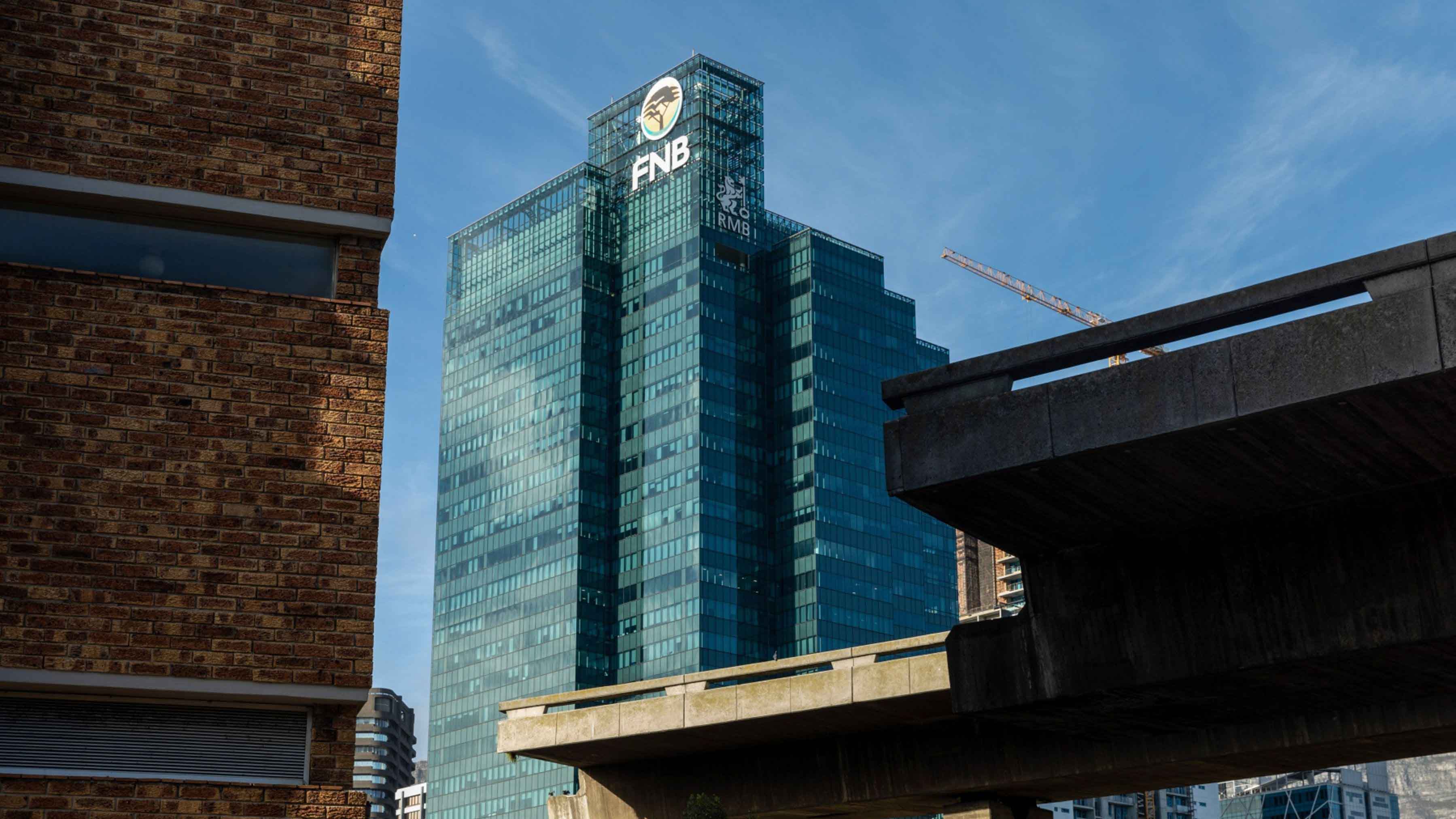
South Africa has been hit hard by Covid-19, which has had a dramatic impact on its GDP.
South Africa’s gross domestic product (GDP) fell by 16.4% in the second quarter of 2020, which equates to an annualised rate of 51%, the sharpest decline the country has seen since the 1990s.
The figures cover a period of intense lockdown for Africa’s most industrialised economy. Strict lockdown measures were introduced in South Africa in March, remaining in place for several months.
There is an expectation that the second quarter’s figures will reflect the South African economy’s weakest point in the year; however, with many questions remaining about the global outlook for the pandemic and economic recovery, there is considerable uncertainty. South Africa had already entered a recession in the first quarter of 2020 and its economy has been struggling for much of the past decade.
Among the country’s ongoing economic challenges, South Africa’s largest banks have maintained largely level pre-tax profits in recent years. Some three of the four largest banks in the country saw their return on equity (RoE), a measure of profitability, decline year-on-year between 2018 and 2019.
Out of the four in our analysis, FirstRand, South Africa’s second largest bank by Tier 1 capital, looked to be performing the best. Its RoE stands at 21.97% and its pre-tax profits increased from $2.7bn in 2018 to $3.03bn in 2019.


